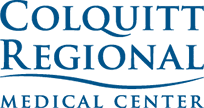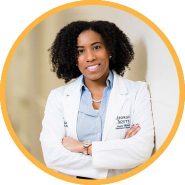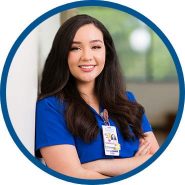

Family Medicine Resident
Colquitt Regional Medical Center
Do you snore, gasp for air while sleeping or feel excessively tired during the day? If you have, you may be one of the 22 million Americans who suffer from obstructive sleep apnea (OSA). While it is the most common sleep-related breathing disorder, many people may not be aware they suffer from it. Perhaps more important is if left undiagnosed or untreated it can lead to deadly heart problems and even early death.
OSA occurs when the muscles in the back of your throat relax blocking off the airway and causing you to repeatedly stop and start breathing. This can lead to poor sleep quality and low oxygen concentrations in the blood. Some common signs/symptoms of OSA include loud snoring, gasping/choking/coughing during sleep, morning headaches, excessive daytime tiredness, irritability, difficulty concentrating, memory loss and mood changes among many others. It affects all ages, genders and races. Men are twice as likely to have it compared to women and it also increases with age. Other significant risk factors include being overweight, large neck size, smoking, drinking, chronic nasal congestion, narrow airways, asthma and family history of OSA. If left untreated it can lead to heart disease, fatal cardiac arrhythmias, stroke, high blood pressure, depression, glaucoma, complications with surgery, increase in motor vehicle accidents and an overall increased risk of early death.
If your Family Medicine doctor feels that you have symptoms of OSA they may order a sleep study, which is one of the most common ways to test for OSA. It can either be done in the office or at home depending on what your doctor feels is best. Depending of the type of sleep study ordered it may involve using equipment which monitors your heart, lung, brain activity, breathing patterns, arm/leg movements and blood oxygen concentration while you sleep. While there are different kinds of sleep studies, most people with OSA are asked to perform a home sleep study which involve using an easy to use kit from the comfort of your own home. The most common treatment for OSA is continuous positive airway pressure (CPAP). It involves wearing a mask covering your nose and mouth which is then connected to a small machine which gently blows pressurized air to keep your airway open while you sleep. While many people initially started on CPAP find it difficult to get used to, most will eventually find that they cannot feel fully rested without.
If you think you may have OSA, would like to get tested or learn more please call and schedule an appointment with your Family Medicine physician.







